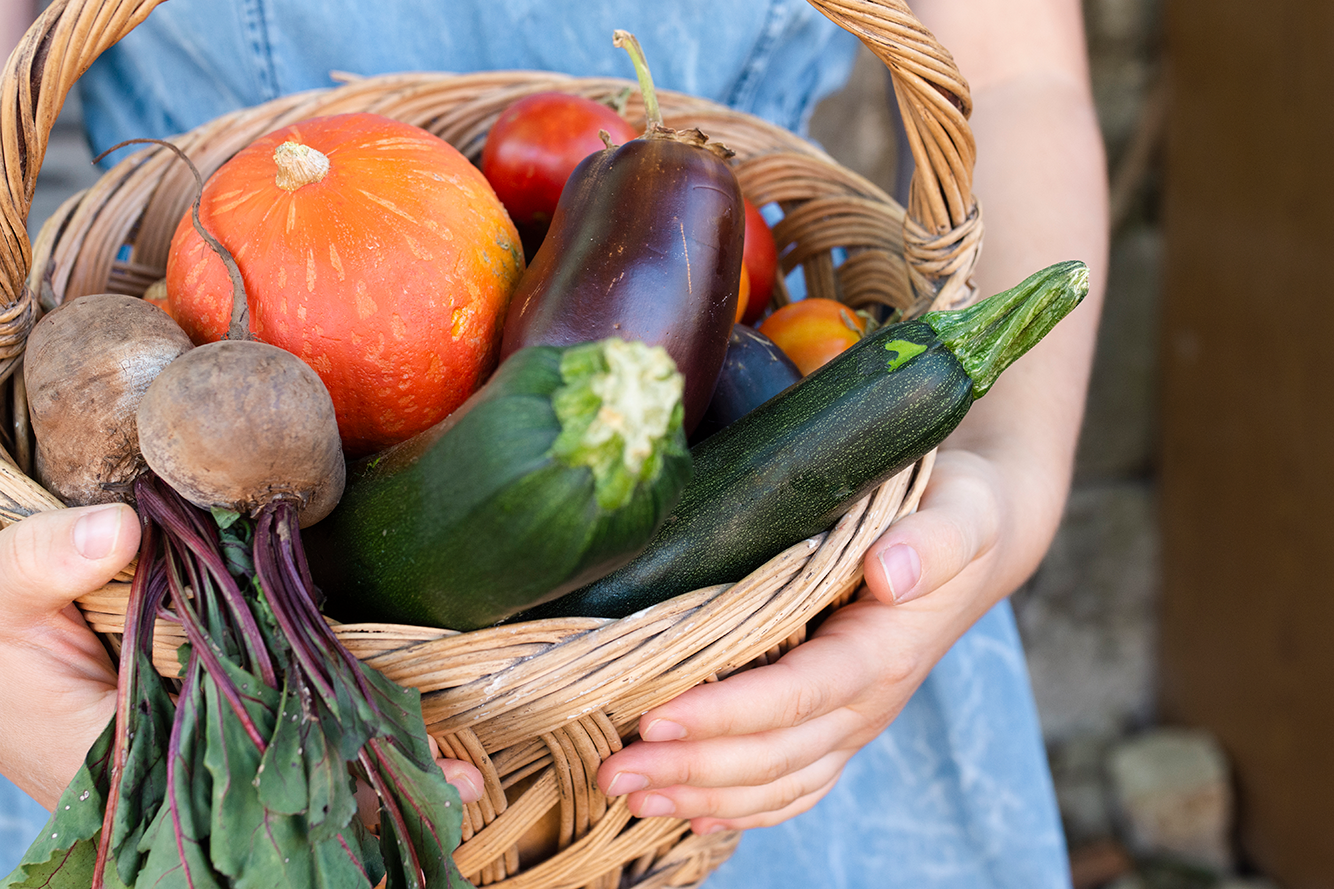Are you looking to donate extra food to local pantries? Families maintain and grow a number of fruits and vegetables in their own gardens in Illinois, and in many cases they produce more food than what they can consume. Once the harvest is complete, instead of letting this excess food go to waste, families can consider donating their fresh food to a local food pantry.
There are a number of organizations in Illinois that accept food donations, including churches, local food pantries, larger food banks and the Salvation Army. Residents can use search engine tools online to look up donation centers near them, or consult your local health department. Ampleharvest.org is a non-profit organization that makes it easy for gardeners and farmers to find local food pantries to donate their surplus of fresh produce.
Donations of perishable items are always in need by those pantries that accept them, although these donations also require safe handling procedures such as insulated coolers or bags and prompt distribution. Getting as many questions answered ahead of time will speed up the process and help avoid spoilage and needlessly diverting food waste to landfills. Donations of these items greatly benefit the nutritional intake of families in need.
Donations are not limited to small family gardens, as needed food can be donated to food banks from farmers, distributors, wholesalers, restaurants, etc. The collection of excess fresh foods from farms, gardens and farmers markets is called gleaning, and typically volunteers partner with a farm to glean excess fresh produce and deliver it to a food bank or food pantry.
To learn more about Illinois food pantries, visit illinoisfoodbanks.org or contact your local food bank.
July is Park and Recreation Month- Learn more: reprosenthal.com/2023/07/07/park-and-recreation-month-where-community-grows/
